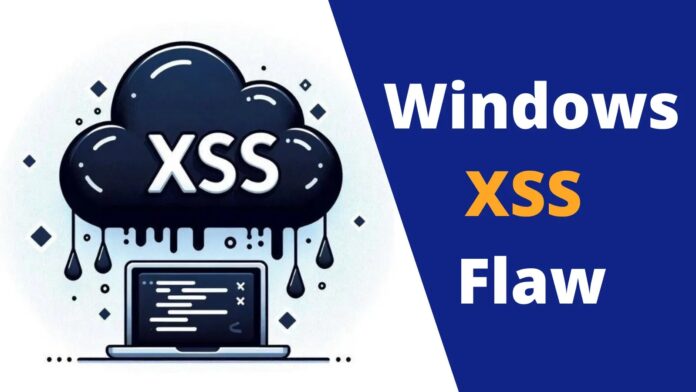[ad_1]
Attackers are leveraging a new infection technique called GrimResource that exploits MSC files.
By crafting malicious MSC files, they can achieve full code execution within the context of mmc.exe (Microsoft Management Console) upon a user click.
It offers several advantages for attackers by bypassing the need for macros (disabled by default) and providing low-security warnings, making it ideal for gaining initial access while evading detection.
The first GrimResource sample was uploaded to VirusTotal in early June, highlighting a potentially emerging threat.

A novel attack technique, GrimResource, exploits an unpatched XSS vulnerability in apds.dll to achieve initial access and code execution on Windows systems, where attackers craft malicious MMC files containing references to the vulnerable APDS resource in the StringTable.
Scan Your Business Email Inbox to Find Advanced Email Threats - Try AI-Powered Free Threat Scan
.webp)
This triggers arbitrary JavaScript execution within the context of mmc.xe, and by abusing DotNetToJScript functionality, attackers further escalate privileges to arbitrary code execution.
The attack chain uses a transformNode obfuscation technique to circumvent ActiveX security warnings, followed by an obfuscated VBScript that sets the target payload in environment variables.
A custom.NET loader named PASTALOADER leverages these variables to inject the final payload (e.g., Cobalt Strike) into a newly spawned dllhost.exe process using a combination of DirtyCLR, function unhooking, and indirect syscalls for stealth.
.webp)
An existing detection for suspicious execution via Microsoft Common Console (MSC) files was designed to catch a different technique involving the Console Taskpads attribute.
It looks for a specific pattern in process creation: a child process spawned by a parent mmc.exe process that launched an MSC file with a wildcard argument but didn’t match known legitimate MMC file locations or whitelisted executables.
.webp)
An attacker can exploit the.NET COM object functionality through a non-standard Windows Script Interpreter (WSH) script engine called DotNetToJScript, which utilizes a trusted process to allocate executable memory (RWX) on behalf of a malicious VBScript or JScript script.
The detection relies on identifying this abnormal memory allocation pattern along with the call stack involving specific DLLs (mscoree.dll, combase.dll, jscript.dll, vbscript.dll, jscript9.dll, and chakra.dll) that link the.NET process to the WSH script engine.
Monitoring for suspicious file open events (apds.dll) by mmc.exe can expose attempts to execute scripts through the MMC console.
.webp)
They can leverage MMC console files (MSC files) to execute malicious scripts by exploiting a vulnerability in APDS (Advanced Protocol Detection Service) to redirect the user to a malicious webpage, which creates a temporary HTML file (redirect.html) in the user’s INetCache folder.
The Elastic security team can spot this attack by connecting events like the MMC process beginning with an MSC file and creating a redirect.html file.
YARA rules can be used to find the specific features of the malicious MMC console file.
Free Webinar! 3 Security Trends to Maximize MSP Growth -> Register For Free
[ad_2]
Source link
